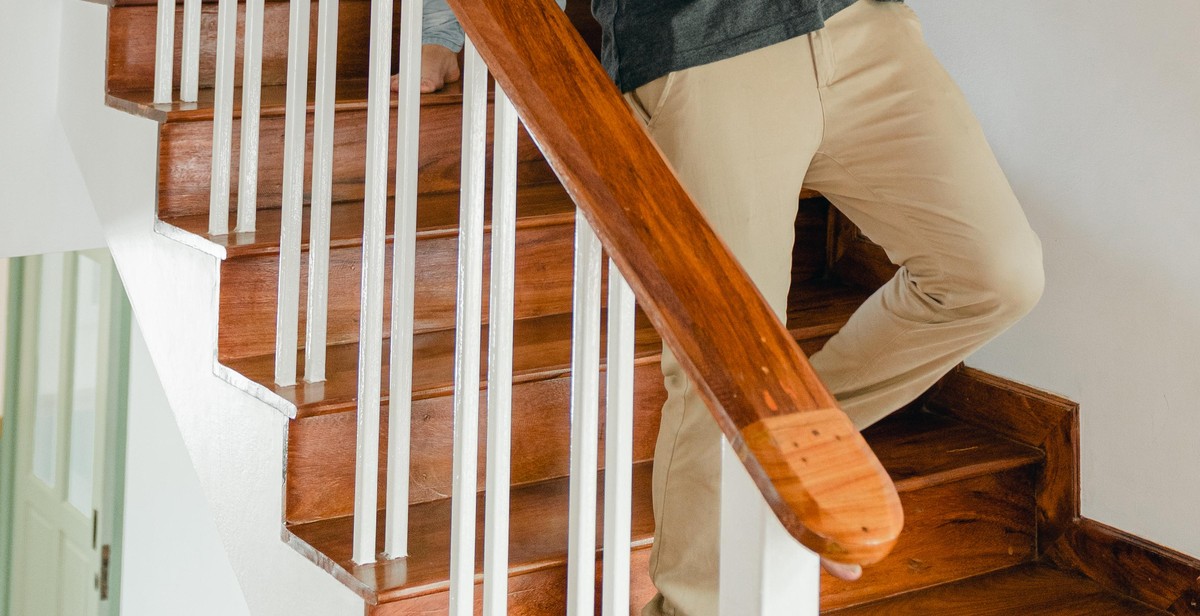Introduction
Getting into a new relationship after a toxic one can be challenging and overwhelming. Toxic relationships can leave deep emotional scars that can affect how you relate with others. You may find yourself struggling with trust issues, fear of getting hurt, and self-doubt. These feelings can make it difficult to open up and connect with a new partner.
It is essential to understand that the process of healing from a toxic relationship takes time and effort. Rushing into a new relationship without addressing the underlying issues can be detrimental to your emotional wellbeing and the success of the new relationship.
Why Navigating a New Relationship after a Toxic One is Challenging?
There are several reasons why navigating a new relationship after a toxic one is challenging. The following are some of the common challenges:
- Trust issues: Toxic relationships can erode your trust in others, making it difficult to trust a new partner.
- Fear of getting hurt: The fear of being hurt again can make you avoid getting too close or vulnerable with a new partner.
- Self-doubt: After a toxic relationship, you may doubt your ability to make good decisions and choose the right partner.
- Comparison: You may compare your new partner with your toxic ex, making it difficult to appreciate their unique qualities.
- Emotional baggage: The emotional scars from the previous toxic relationship can affect how you relate with a new partner.
It is essential to acknowledge these challenges and address them before getting into a new relationship. With the right mindset and approach, you can navigate a new relationship after a toxic one successfully.
Signs You Are Ready for a New Relationship
Starting a new relationship can be an exciting and fulfilling experience, but it is important to ensure that you are ready for it. If you have recently come out of a toxic relationship, it is essential to take time to heal and reflect on what you want in your future relationships. Here are some signs that indicate you are ready for a new relationship:
You have Healed from Your Past Relationship
One of the most significant signs that you are ready for a new relationship is that you have healed from your past relationship. You have taken the time to process your emotions, grieve the loss of the relationship, and come to terms with the reasons for its end. You are no longer carrying emotional baggage from your past relationship, and you are ready to move forward with a clean slate.
You have Identified Your Needs and Wants
Another sign that you are ready for a new relationship is that you have identified your needs and wants. You have taken the time to reflect on what you want in a partner and a relationship. You have a clear idea of what values, qualities, and characteristics are important to you in a relationship. You are no longer willing to settle for less than what you deserve, and you are confident in your ability to communicate your needs and wants to your partner.
You have Established Boundaries
Establishing boundaries is crucial in any relationship, and it is even more important when starting a new relationship after a toxic one. If you have established healthy boundaries, it shows that you are ready for a new relationship. You are confident in your ability to set limits, communicate your boundaries, and enforce them. You are not afraid to say no when something does not feel right, and you are not willing to compromise your values or beliefs for the sake of the relationship.
Overall, if you have healed from your past relationship, identified your needs and wants, and established boundaries, it is a good indication that you are ready for a new relationship. Remember that taking the time to work on yourself and your emotional well-being is key to building a healthy and fulfilling relationship in the future.
Tips for Navigating a New Relationship
Starting a new relationship after experiencing a toxic one can be challenging. However, with the right mindset and approach, you can navigate this new chapter in your life successfully. Here are some tips to help you navigate a new relationship:
Be Honest About Your Past
It’s essential to be honest with your new partner about your past experiences, especially if you’ve been in a toxic relationship before. This will help them understand your triggers and give them insight into how to support you. Being open and honest about your past will also help you both build trust and a deeper connection.
Take Things Slow
It’s important to take things slow when starting a new relationship, especially after a toxic one. Rushing into things can lead to feelings of overwhelm and anxiety. Take the time to get to know your partner and build a strong foundation for your relationship. This will help you both feel more comfortable and secure in your new relationship.
Communicate Your Needs and Boundaries
Communication is key in any relationship, and it’s especially important when starting a new one. Be clear about your needs and boundaries with your partner. This will help you both understand each other’s expectations and avoid misunderstandings or conflicts. Remember, healthy relationships are built on mutual respect and understanding.
Be Open to Learning and Growing Together
Every relationship is unique, and it’s important to be open to learning and growing together. Be willing to listen to your partner’s perspective and learn from their experiences. This will help you both grow as individuals and strengthen your relationship over time.
Starting a new relationship after a toxic one can be challenging, but it’s possible to navigate it successfully. By being honest about your past, taking things slow, communicating your needs and boundaries, and being open to learning and growing together, you can build a healthy and fulfilling relationship.

Red Flags to Look Out for in a New Relationship
Starting a new relationship after a toxic one can be exciting, but it’s important to keep your eyes open for any potential red flags. While every relationship is unique, there are certain behaviors that should not be ignored. Here are some red flags to look out for:
Disrespectful Behavior
Disrespectful behavior can manifest in many ways, including name-calling, belittling, and dismissiveness. If your partner is constantly putting you down or making you feel small, it’s a sign that they don’t respect you. It’s important to set boundaries and communicate your expectations early on in the relationship to avoid any further disrespect.
Lack of Communication
Communication is key in any healthy relationship. If your partner is not willing to communicate or shuts down when you try to talk about important issues, it’s a red flag. Lack of communication can lead to misunderstandings and resentment, so it’s important to address any communication issues early on.
Jealousy and Possessiveness
Jealousy and possessiveness are not signs of love, but rather signs of insecurity and control. If your partner is constantly checking up on you, questioning your whereabouts, or trying to isolate you from your friends and family, it’s a red flag. It’s important to have trust and respect in a relationship, and jealousy and possessiveness can quickly erode those qualities.
Lack of Trust
Trust is the foundation of any healthy relationship. If your partner is not trustworthy or is constantly lying or hiding things from you, it’s a red flag. It’s important to have open and honest communication and to be able to trust your partner. Without trust, the relationship will struggle to thrive.
Remember, if you notice any of these red flags in your new relationship, it’s important to address them early on. Don’t ignore your instincts or make excuses for your partner’s behavior. Healthy relationships are built on mutual respect, trust, and communication.

Conclusion
Starting a new relationship after a toxic one can be a challenging and overwhelming experience. It is important to take the time to heal and work on yourself before jumping into a new relationship. Recognize the patterns and behaviors that led to the toxic relationship and make a conscious effort to avoid them in the future.
Communication is key in any healthy relationship. Be open and honest with your new partner about your past experiences and what you need from them in order to feel safe and secure. Set boundaries and stick to them, and make sure your partner respects them.
Remember that it is okay to take things slow and not rush into anything. Take the time to get to know your new partner and build a strong foundation of trust and respect. Don’t let the fear of being alone or missing out on something great cloud your judgment.
Lastly, don’t be afraid to seek professional help if you are struggling with the aftermath of a toxic relationship. Therapy and counseling can be a great resource for healing and moving forward in a healthy way.
- Take time to heal and work on yourself
- Communicate openly and set boundaries
- Take things slow and build a strong foundation
- Seek professional help if needed
Remember that you deserve to be in a healthy and happy relationship, and with time and effort, you can navigate a new relationship after a toxic one and find the love and happiness you deserve.
